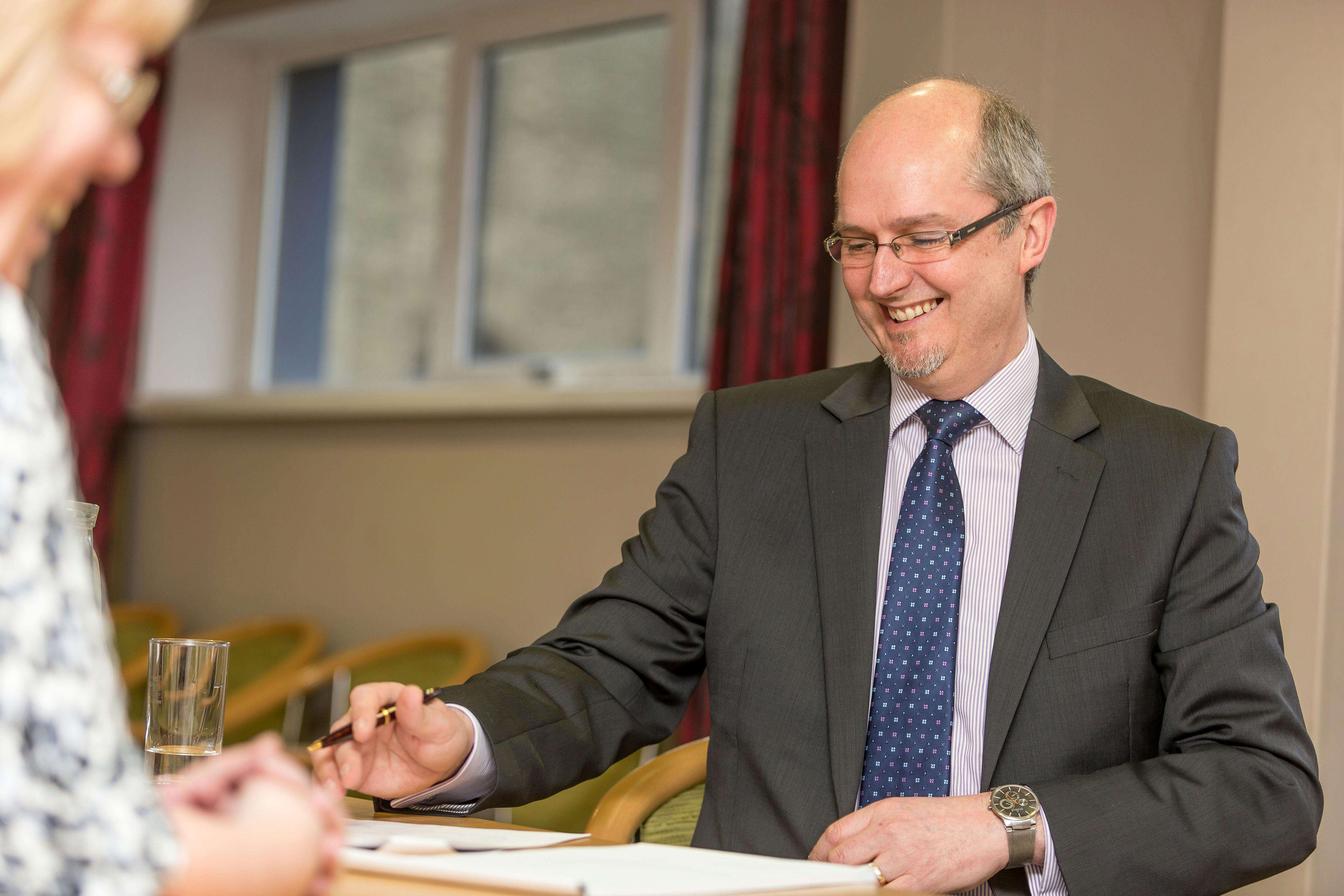The advantage in declaring an option to tax means that the business can claim back VAT incurred on expenditure for the property, eg repairs and maintenance. However, the option also means the business has to charge VAT on the rent or sale of the property and account for this to HM Revenue & Customs (HMRC). Once in place (there is a six month cooling off period) the option is in effect for a minimum of 20 years.
When declaring an option to tax, a business needs to bear in mind how long it will be in effect, as it will have an impact on future decisions and administration.
Case study: Empty rental property
A new client made an appointment to discuss a problem he had encountered in regard to the commercial property he owned.
The property had been purchased in 2012 for £300,000 and as the previous owner had declared an option to tax, our client the buyer had to pay out £60,000 of VAT to the seller on purchase of the empty building.
He intended to rent the property to a tenant (who he already had in place) and wanted to undertake some repairs. The cost of the repairs would have incurred over £5,000 of VAT, so he declared his own option to tax.
After five years the tenant went into liquidation and left the property, the owner was unable to find another tenant and was toying with the idea of converting it into flats and selling these on the open market. Whilst the property was empty he was declaring nil VAT returns, and so, in order to cut down on administration and avoid signing up for Making Tax Digital he thought he would deregister for VAT, thinking he could then reregister if he got a new tenant or decided to convert the property.
In this situation, HMRC automatically run checks on the business. HMRC contacted the client and explained that deregistration meant the business had effectively made a ‘deemed supply’ to itself of the property and owed VAT on the current market value (now valued at £425,000) of £85,000.
The client had clearly made a mistake in applying for deregistration which Lovewell Blake explained to HMRC. He did not understand the implications of deregistration with an option to tax in place. HMRC accepted the request to reinstate the registration and the client recommenced submitting nil returns until he managed to rent part of the property to a new tenant (to whom he charges VAT at 20%).
The issue here is knowing the effect of deregistration (or ceasing to trade) when you own a property subject to an option to tax as well us understanding the benefits of the option in the first place.
To speak to one of our VAT specialists
Related news

VAT alert - Digital publications
A recent Upper Tier Tribunal case has resulted in digital newspapers being judged the same as hard copy printed newspapers and therefore zero rated. Prior to the case, digital publications were seen by HMRC as standard rated.

Updated VAT Alert – Welfare services
A recent Court of Appeal case has decided against two organisations that provided day care services.

VAT deferment
The Chancellor has announced that VAT for the period 20 March 2020 to 30 June 2020 will not need to be paid during this quarter.









